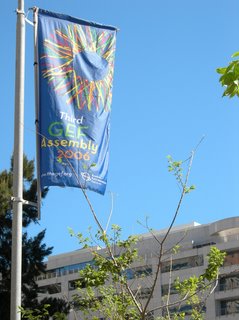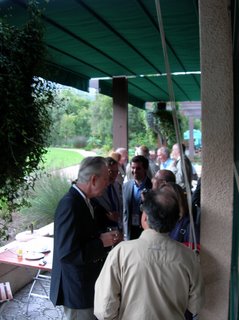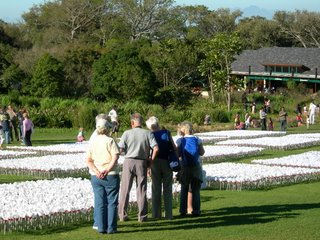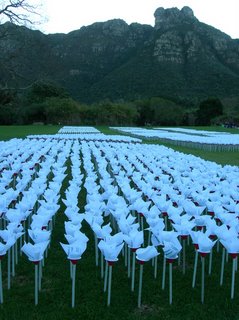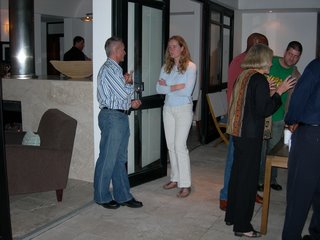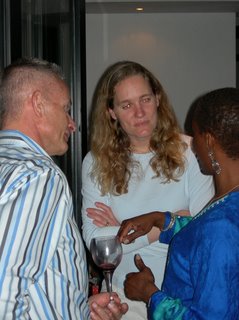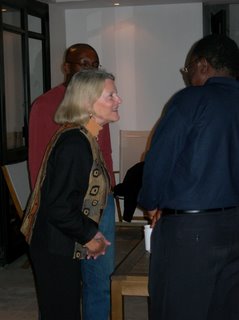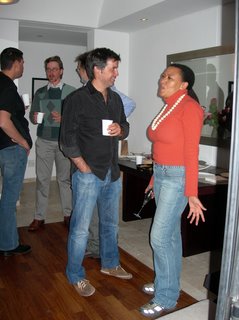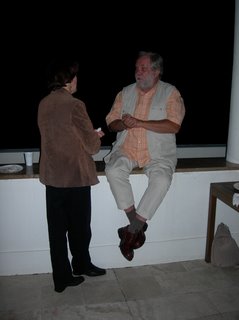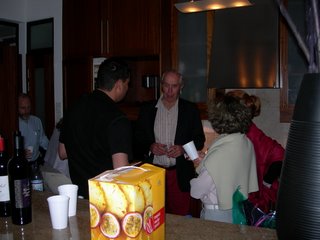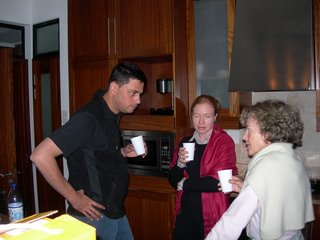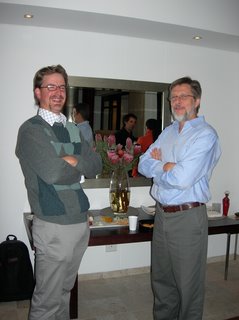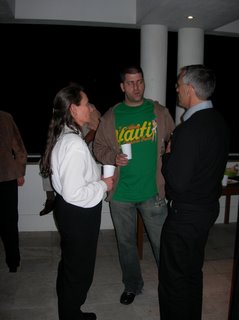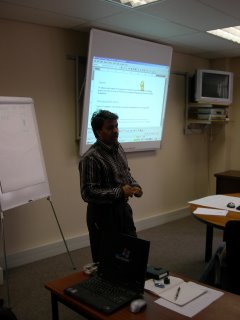... and minimising atmospheric carbon emissions
– Dennis Laidler
As an environmentalist, particularly concerned with climate change, I must admit to ‘getting off’ on minimising my vehicle’s fuel consumption rather than ‘voet in die hoek’ or aggressive driving. Fortunately or unfortunately I spent my formative driving years during the era of extremely severe fuel rationing in the then Rhodesia and later during the South African fuel restrictions of the late 1970’s. As a university student I remember driving a Volkswagen beetle regularly between the then Salisbury and Cape Town at a very strict 80km per hour - whew! Unfortunately the backgrounds to both of these fuel shortages were political. However, today we have other reasons prompting us to pay attention to our vehicle’s fuel consumption. Firstly, every vehicle user should take the issue of minimising their personal contribution to global carbon emissions seriously. Secondly it’s cost. The recent increase in fuel price affects almost every vehicle user, and in my humble opinion we are not going see hydrocarbon fuel prices decrease in future.
This all said, I’ve compiled the following suggestions for saving fuel, minimising your personal carbon emissions and saving you money. To supplement my own thoughts on the issue I did some research on the Internet, including the United States Environmental Protection Agency and other sites, and was reminded of many tips that had not immediately come to mind. I can’t, of course, claim that any of these ideas are unique or new and I’m sure you are aware of some of them already.
Having two sons that relatively recently obtained their driving licences caused me to refocus on the quality of my own driving style. I have now come to regard my driving time as ‘quiet quality time’ rather than ‘stress time’. As a positive side effect I have found that focusing on minimising my fuel consumption on every trip, even commuting to work, has taken a lot of the aggression out of my driving style.
I hope that you find the suggestions below useful and that they prompt you to reduce your fuel usage and modify your driving style.
Fuel saving suggestions:
1. Plan your trips – the easiest way to save fuel is not to drive your vehicle! If you have to drive plan your vehicle use and try to do as many chores on a single trip as possible. Use a bicycle or your two legs for short trips.
2. If you have to drive take the shortest and/or least traffic congested route possible – the less time you are on the road or idling the engine while going nowhere the better.
3. Don’t idle your car’s engine for more than 1 minute - If you need to idle your vehicle’s engine for a while, just turn the engine off. Contrary to popular belief, having to restart your car isn't worse for your fuel economy if you're going to idle for longer than 1 minute. Don’t use the drive through at your local burger joint. Park your vehicle and turn off the engine!
4. Use your right foot as lightly as possible on the accelerator – The greatest fuel waster while driving is rapid acceleration. From a standstill or when rolling, accelerate GENTLY up to your desired speed and change up to the next higher gear as soon as reasonably possible. Always use the highest reasonable gear for your speed. Generally speaking, the lower the engine revs the more fuel efficiently it is running.
5. If your vehicle has one, display your vehicle’s trip fuel consumption meter every time you drive and you’ll be surprised at the positive impact it has on your driving style and fuel consumption.
6. Use your right foot as lightly as possible on the brakes – If you have to apply the brakes hard at any time while you’re driving, then you are not using your powers of anticipation and your vehicle is wasting fuel. Applying the brakes hard merely converts all that expensively fuelled momentum into heating your car’s brake disks. What a waste! Keep an eye well ahead while you are driving and take your foot off the accelerator AS SOON as it appears that you may have to slow down or stop. Rather apply the brakes gently, and coast slowly up to the obstruction. The traffic lights will turn green again or the obstruction may clear and you can continue without having to waste fuel accelerating from a standstill.
7. Load your vehicle as lightly as possible – Every kilo of weight in your vehicle has to be accelerated and decelerated every time you use your right foot so don’t carry around any unnecessary load.
8. Check your tyre pressures regularly – If your tyres are under-inflated, your vehicle has to work that much harder to spin the wheels. The friction caused by these soft tyres could be significantly increasing your fuel consumption. Not to mention the premature tread wear that will cost you serious money sooner rather than later. If you’d like to test this for yourself just try cycling a bicycle with under inflated tyres compared to one with correctly inflated tyres.
9. Have your vehicle’s wheel alignment checked regularly – Poor wheel alignment not only wears your vehicles tires unnecessarily but adds extra rolling resistance to your vehicle, unnecessarily increasing fuel consumption.
10. Reduce wind resistance – Do you ever go on a long trip and stack luggage on the roof of your vehicle? These bulky items can increase your fuel consumption by up to 5%. Instead of putting your bags straight onto the roof rack, try using an aerodynamic roof box for storage. Hard aerodynamic hard roof box models offer a sleek shaped storage bin that keeps wind resistance to a minimum. You can reduce fuel consumption by completely removing the box and roof rack from your vehicle when you don't need to use it. Even though they are aerodynamic, these roof boxes are only completely drag-proof when they're off the vehicle.
11. Truck/Bakkie/LDV owners – Adding a hard or soft tonneau cover over the load bay of your truck prevents airflow against the tailgate that will give you an immediate 5% to 10% improvement in fuel consumption, to say nothing of the extra security.
12. Have your vehicle serviced and tuned regularly in accordance with the manufacturers directions – The better tuned and lubricated your vehicles engine the better your fuel consumption will be.
13. Use your air conditioner as little as possible – your car’s air conditioner can increase your vehicle’s fuel consumption as much as 10%. Rather open the car windows a little for ventilation, especially at low speeds.
14. On the other hand don’t drive fast with your car windows wide open unnecessarily – open windows will increase your car’s drag, especially at high speed, and increase fuel consumption.
15. Don’t free-wheel downhill with the vehicle out of gear – This urban legend is a popular fuel saver myth. Not only is this ineffective at saving fuel, but it is extremely dangerous. There's no reason to cut-off your acceleration control – coasting with your foot off the accelerator uses the same amount of fuel. And, letting your vehicle free-wheel downhill can generate dangerous speeds.
16. It doesn’t make financial sense to sell your current vehicle merely to replace it with a more fuel economic one – The money saved through fuel economy will not compensate for the cost of the new vehicle. It’s expensive in both money and energy to make and to buy a new vehicle. But when the time comes to replace an old vehicle, you can get a very large reduction in your fuel bill by making an informed choice. Choose a small fuel-efficient vehicle rather than the typical South African ‘pocket rocket’! Luckily in this day and age this doesn’t mean having to forgo quality or luxury. My wife and I have recently replaced her city commuter with a Fiat Panda, European car of the year 2004, 2005 and 2006. Surprisingly this modern fuel-efficient 1200cc (4.6 litres/100km or 50 miles/gallon) vehicle is even available in two 4x4 versions if that is your ‘hot button’!
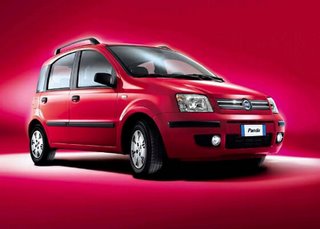
17. Diesel vehicles are generally 20% more economical than a similar petrol powered vehicle – Diesel should always be the first choice for anyone concerned with fuel economy. Modern diesel engines are also much more powerful and cleaner than those of 10 or 20 years ago but they are more expensive to make so you need to decide if the extra purchase price would be covered by the fuel savings. I found this not to be the case in South Africa for the vehicles in the price range I was considering.




